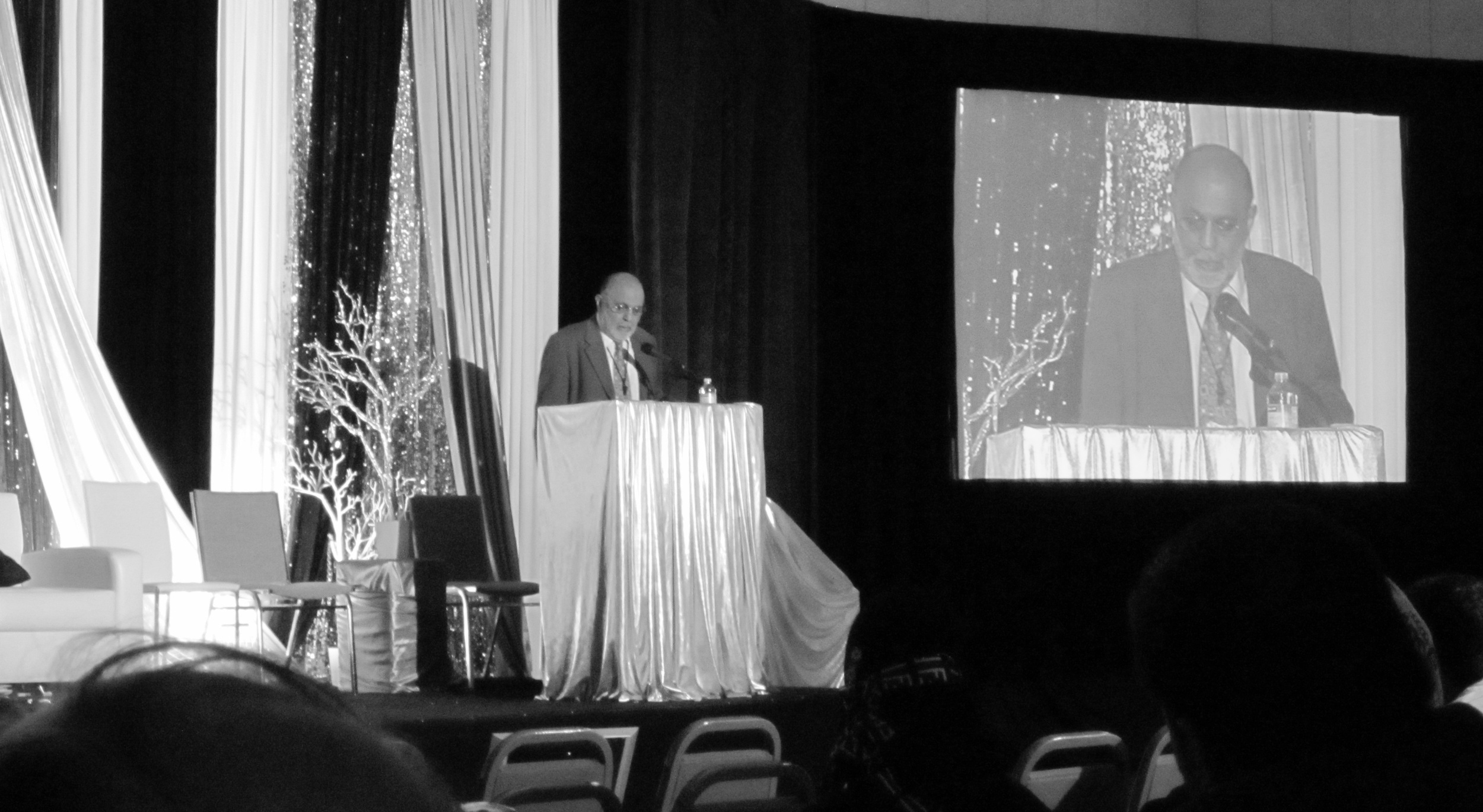 The Islamic Society of North America (ISNA) Canada held its annual convention this past weekend in Mississauga, Ontario. This year’s theme was “A New Era Unfolds – Rising to the Challenge,” and the goal was to provide an opportunity to address the many issues and challenges relevant to our Islamic identity.
The Islamic Society of North America (ISNA) Canada held its annual convention this past weekend in Mississauga, Ontario. This year’s theme was “A New Era Unfolds – Rising to the Challenge,” and the goal was to provide an opportunity to address the many issues and challenges relevant to our Islamic identity.
This year the event incorporated a green theme called “Green for ISNA, Green for the Environment,” which included environmentally friendly practices as well as topics covered in the lecture sessions. This was guided by three principles integrated into the planning process including: to reduce the amount of garbage produced, to choose ethically and to support local initiatives and talent.
Hospitality features included recyclable paper cups and plates and a pledge to utilize reusable products where possible. The organizers also supported local artisanship and businesses, and ethical fair trade gifts were selected as tokens of appreciation for the speakers. To reduce the amount of disposable waste, water-filling stations were made easily accessible throughout the main lecture hall to encourage the use of reusable water bottles.
This year one of the attending speakers was Dr. Fazlun Khalid, the founder-director of the Islamic Foundation for Ecology and Environmental Science (IFEES) based in Birmingham England. Dr. Khalid has worked with the Alliance of Religions and Conservation (ARC) and the World Wildlife Fund (WWF) and has traveled extensively to raise awareness through environmental education about the Islamic duty and perspective towards conservation.
His keynote address was entitled “The Environment and the Challenge of the Emerging Order” and was jointly presented with Elder Cat Criger; a teacher and mentor from the Six Nations People of the Longhouse. The goal of the session was to discuss the importance of preserving, fostering and respecting the environment through linking current issues with the traditional prophetic teachings and providing practical measures to live a more eco-conscious lifestyle.
Dr. Khalid opened by providing context of the environmental issues plaguing the planet from the growing tar sands projects in the Canadian west to shrinking rainforests in the developing world. Muslims represent a considerable driving force on the world stage and can play a significant role in finding solutions. However, this consciousness starts and an early age and he calls for environmental education to be incorporated into the Islamic curriculum so that the younger generation can instinctively view elements of nature as signs from Allah.
From an Islamic perspective, the Muslims response to the environmental crisis should incorporate four elements.
1) Tawhid – Unity principle
2) Fitra – Principle of natural state
3) Mizan – The balance principle
4) Khalifa – The responsibility principle
Recognizing that Allah created everything on the planet and that we are all interconnected is imperative in Islam. There is originality in creation; however there is also a pattern in design which is a sign of unity between humans and other animals. There is also the intellect that Allah has bestowed upon us, that enables us to recognize the balance of nature. Over-exploitation and waste upsets this balance and disregards the bounty provided to us. We all have a responsibility to maintain the planet as stewards and will be held accountable for our actions towards it.
Elder Cat Cringer reiterated several of the common elements between Islam and some of the beliefs of the First Nations People. There is a deep respect for Mother Earth, as all provisions are offered from the natural environment. Many of the First Nations cultures form matriarchal societies that hold a deep reverence to the earth similar one holds towards their mother as a nurturer and provider. Prayers or offerings are made before going on a hunt or cutting down a tree to thank their spirit for this sacrifice and careful attention is taken not to exhaust the resource or waste any portion of the gift. Cringer closed by sharing their belief of honouring the sun as a reminder to walk “on a good path.” Just as the sun nourishes the planet, we should take care to spread this warmth as we go about our day. The spirit of Mother Earth is always present and sees your actions, so the sun is a constant reminder to do what is good and avoid what is wrong.


